I spent 13 years raising funds and awareness of bowel cancer, and now I have it myself
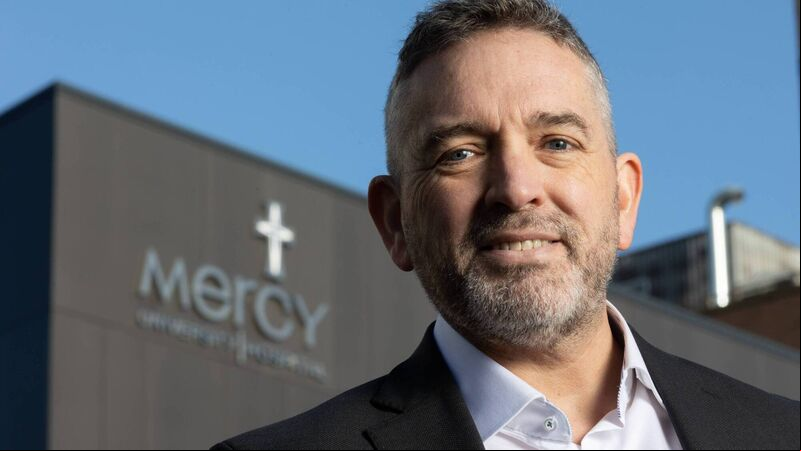
Mícheál Sheridan, CEO of Mercy Hospital Foundation. Picture: Darragh Kane
MICHEÁL Sheridan is eager to explain the significance of the Mercy University Hospital Foundation before telling his own story.
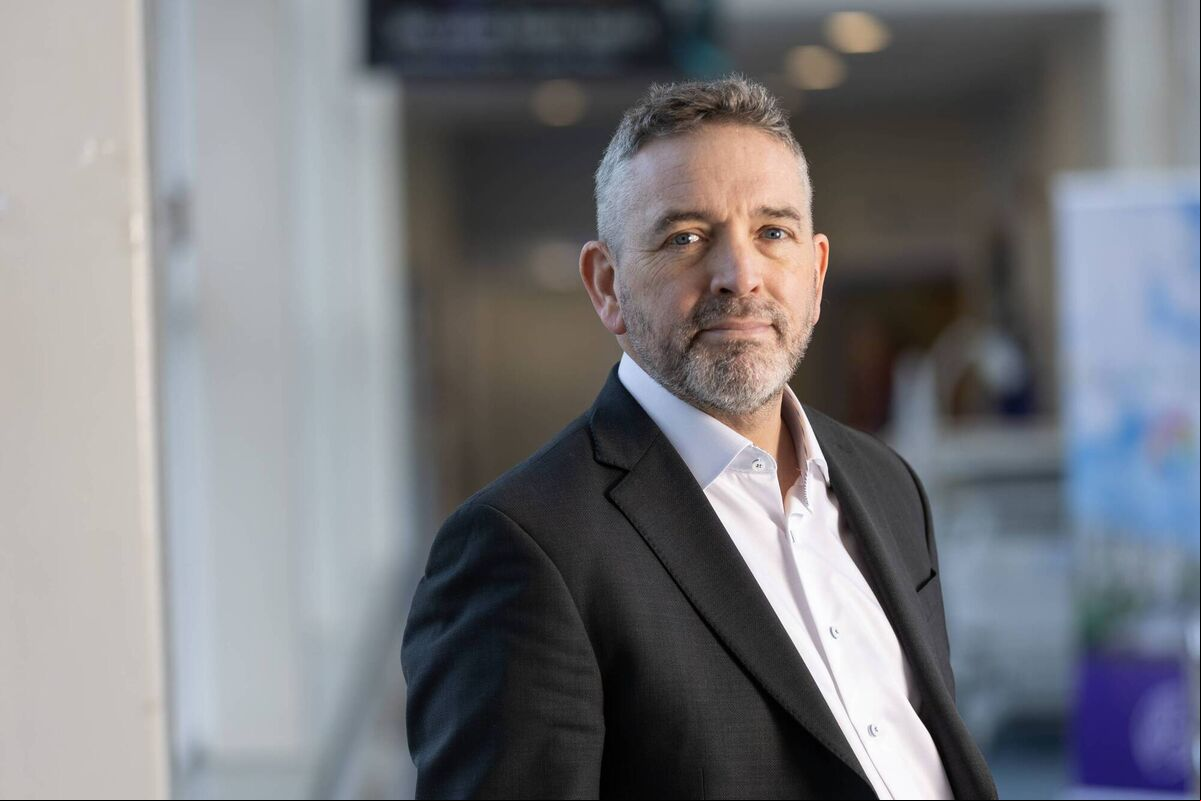
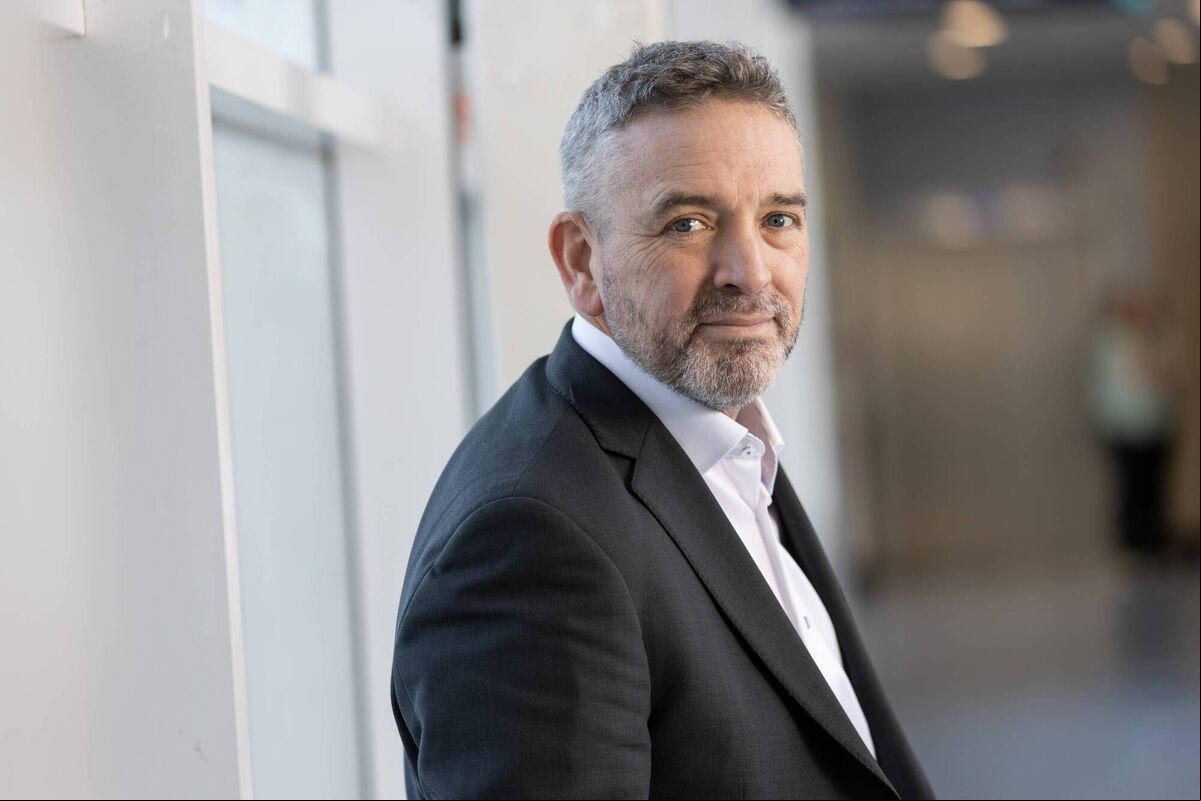

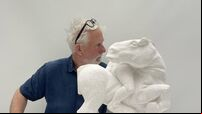

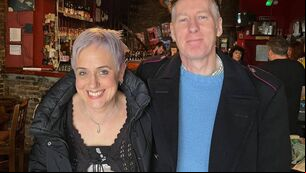



 App?
App?


